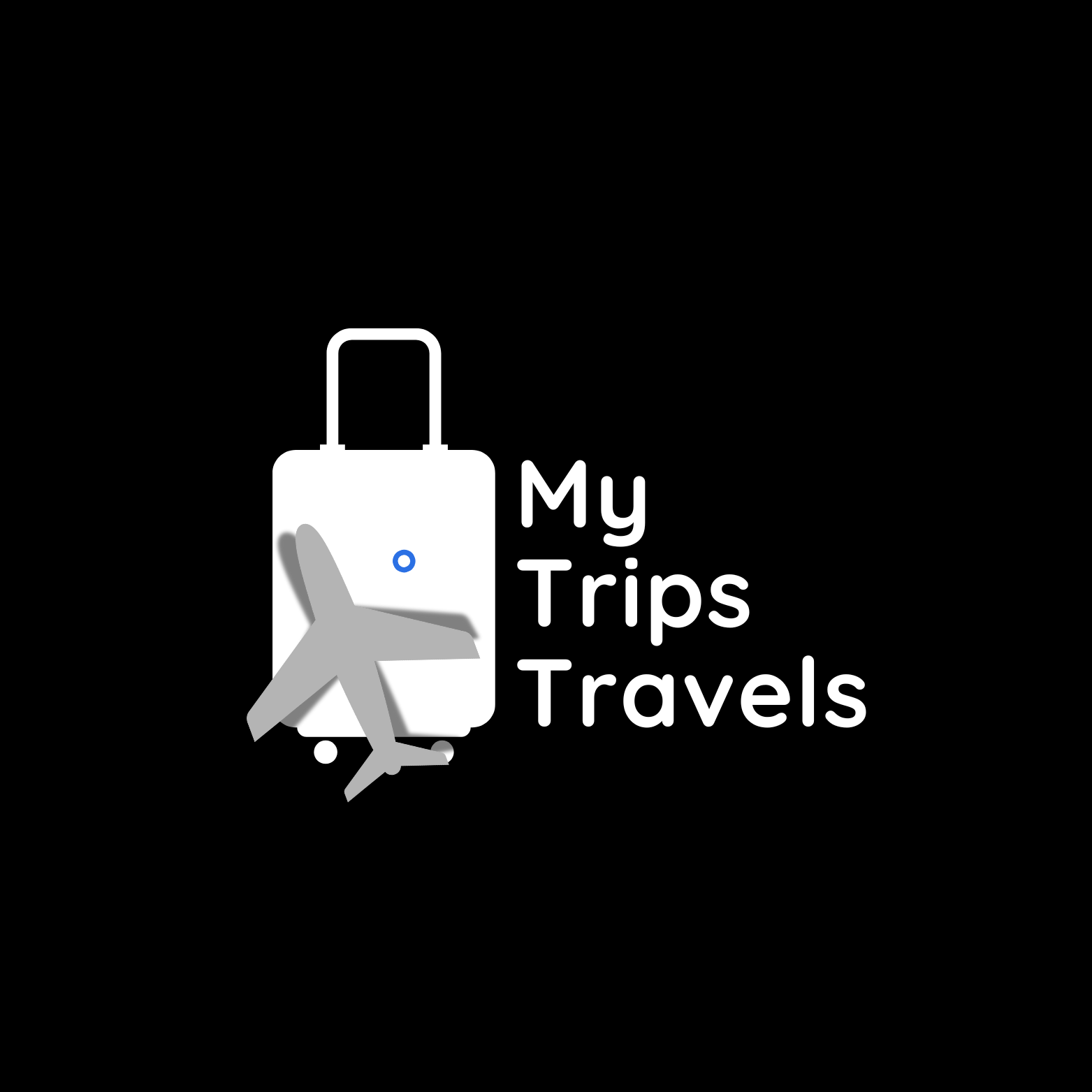How The Rise Of Remote Work Is Changing Air Travel Patterns
The way we work has seen a seismic shift in recent years. With the rise of remote work, people are no longer tied to offices or rigid schedules. This new flexibility has not only changed where and how we live but is also reshaping how we travel.
As professionals trade traditional offices for laptops in cafes or beachside villas, the world of air travel is experiencing a transformation like never before. From shifting peak travel times to evolving airline offerings, let us explore how remote work is changing air travel patterns in a profound and permanent way.
Whether you are looking to Book Flight for a quick escape or a long-term stay abroad, you now have more choices than ever before. Tools like Call Now support and personalized itineraries are making travel easier and more accessible.
The New Travel Timeline: Goodbye To Traditional Seasons
Remote work has blurred the lines between weekdays and weekends, and even between work time and vacation time. Traditionally, air travel demand peaked during holidays, summer breaks, and long weekends. Now, more travelers are choosing to fly during off-peak seasons and mid-week days.
Many remote workers are planning a travel trip on a Tuesday or Wednesday rather than waiting for Friday night. This not only helps avoid the usual weekend rush but also provides access to lower fares and quieter airports. Airlines have noticed these shifting patterns and are beginning to adapt by offering more flights on non-traditional days.
Blending Work And Leisure: The Rise Of “Workcations”
One of the most interesting developments is the blending of business and leisure travel. Instead of separate business trips and vacations, travelers are now combining both. A remote employee may book a flight to a scenic destination, spend mornings working online, and enjoy the evenings exploring local attractions.
This trend, known as a “workcation,” is creating new demand for flexible ticket options and extended stays. Platforms like Priceline are seeing a rise in searches that combine both leisure and longer travel dates. People are no longer rushing through their trips. Instead, they are staying longer, working on the go, and truly living the experience.
Flexible Travel Is The New Standard
With remote work, travelers want flexibility in every aspect of their journey. From air ticket booking options to last-minute changes, modern passengers are seeking more control over their schedules. This has pushed many travel platforms and airlines to redesign their services.
Major players like Expedia Flights and Booking Flight platforms have started offering flexible booking policies to meet these changing needs. Travelers now look for cancellation options, changeable dates, and deals that can adapt to their unpredictable plans.
Smaller Cities And Hidden Gems Now In The Spotlight
Before remote work, most business travel centered around major cities like New York, London, or Dubai. Now, the map is expanding. People are choosing to work from peaceful mountain towns, tropical islands, and quieter coastal cities. This is giving rise to new air travel routes and connections.
Smaller airports that once saw limited activity are now becoming busy hubs. Airlines are adding flights to destinations that previously received low attention. For travelers looking for cheap travel, these lesser-known destinations offer both affordability and tranquility.
Airlines Are Adapting To The New Traveler
Airlines have begun noticing the change in passenger behavior. They are rethinking their services to attract this new category of remote professionals. Comfortable seating, improved onboard Wi-Fi, and loyalty programs that reward long-term travelers are all part of this transformation.
Popular carriers are also adjusting their schedules to meet mid-week demand. Flexible fare options and value-added services are helping them stay competitive. With an increase in one-way ticket bookings and longer stays, the definition of a round-trip journey is no longer what it used to be.
The Role Of Technology And Online Booking
Remote workers rely heavily on technology, and the same applies to how they plan their travels. Online platforms offering travel deals are booming as users seek simple and fast ways to make their plans.
Whether it is finding the best Delta Tickets or checking multiple dates on a fare calendar, modern travelers expect convenience and clarity. Sites offering the best Customer Service are gaining user trust. Real-time updates, 24-7 support, and easy cancellation policies have become essential.
If you are planning your next trip flight, look for tools that help you stay informed and organized. Many platforms now provide real-time alerts and personalized recommendations based on your habits.
What This Means For Future Travel
The impact of remote work on air travel is not temporary. As more companies adopt hybrid or fully remote models, the travel industry will continue evolving. Airlines, booking platforms, and service providers must keep up with these trends to remain relevant.
The freedom that comes with remote work is redefining how, when, and why we fly. From spontaneous weekend getaways to month-long stays in faraway places, the sky is no longer the limit. It is just the beginning of a new era in air travel.
Conclusion: Embracing A New Way To Travel
Remote work has shifted air travel from a rigid, schedule-bound system into a more dynamic and fluid experience. As travel becomes more flexible, personalized, and inclusive, the industry must evolve to meet these new demands.
If you are ready to experience this transformation firsthand, explore your options, stay informed, and take advantage of platforms offering exceptional service. Whether it is through Priceline, Expedia Flights, or a trusted airline provider, your journey should be just as exciting as your destination.
Air travel is no longer about getting from one place to another. It is about creating a lifestyle that blends work, leisure, and freedom in the most seamless way possible.

